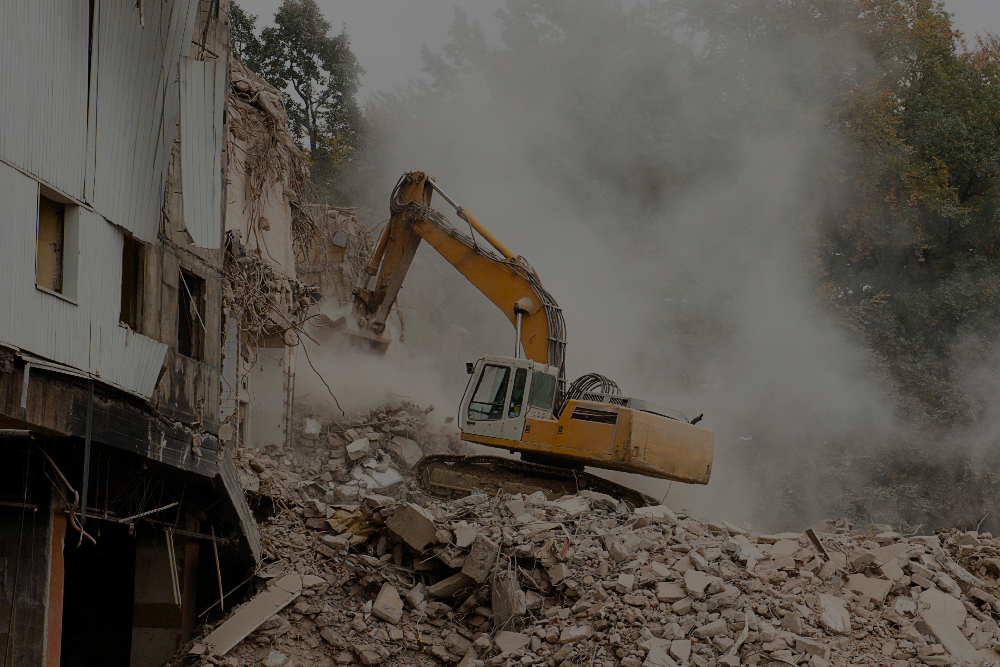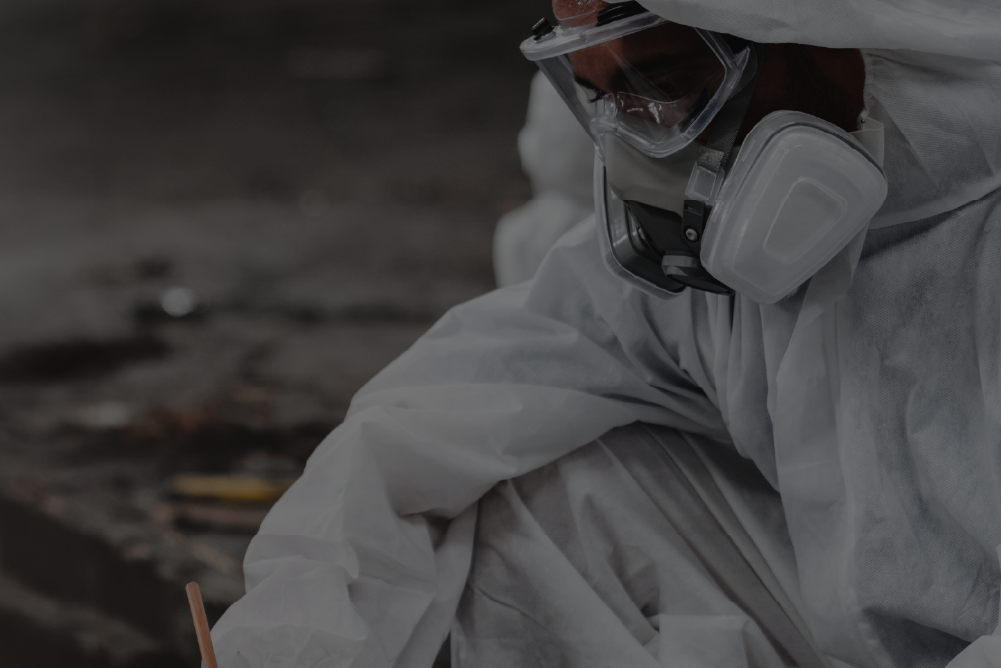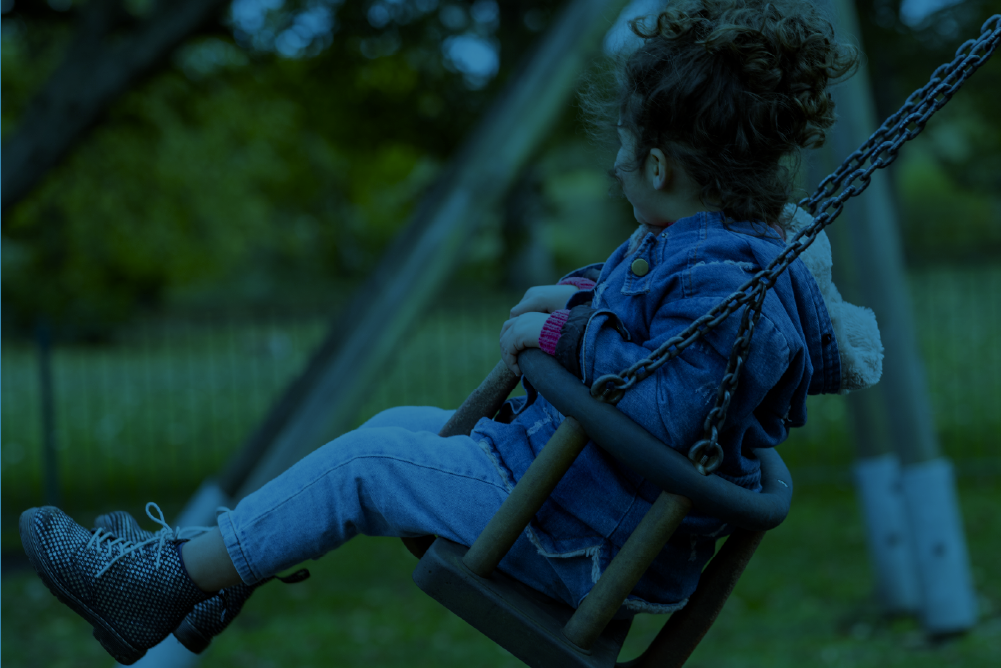
A bill awaiting Hawaii Gov. Josh Green’s signature could give sex trafficking survivors new power to seek justice—not just against their traffickers, but also against the individuals and businesses that profit from their exploitation.
House Bill 111, which was approved by both the Hawaii House and Senate earlier this year, addresses critical gaps in how the state handles sex trafficking. If signed into law, the bill would:
- Allow sex trafficking victims to file civil lawsuits against people, businesses, or institutions that financially benefit from sex trafficking or sexual exploitation.
- Extend the statute of limitations for civil claims related to sex trafficking from two years to ten.
According to advocates, this legislation could be a turning point for victim empowerment in Hawai’i, where sex trafficking remains one of the most underreported crimes.
We can help.
The Scope of Sex Trafficking in Hawai‘i
A 2023 report from Shared Hope International gave Hawai’i an “F” for its efforts to address child and youth sex trafficking. The state scored particularly low in areas such as prevention, education, victim services and trauma-informed law enforcement training.
Meanwhile, the Imua Alliance, the state’s leading anti-trafficking organization, has identified approximately 150 establishments statewide — including hotels, massage parlors, and hostess bars — linked to suspected commercial sexual exploitation. These establishments often operate with little oversight despite repeated reports of prostitution.
House Bill 111 is part of a broader movement to disrupt these exploitative systems and hold enablers accountable.
Key Findings Behind the Push for Reform to Help Sex Trafficking Victims
Lawmakers cite several alarming statistics that underscore the urgency of the bill:
- A 2018 report by Arizona State University and the Hawai’i State Commission on the Status of Women found that 1 in 11 adult males in Hawai’i were online sex buyers.
- The report estimated over 74,000 potential sex buyers reside in the state.
- During the COVID-19 pandemic, local sex trafficking victims service providers reported a 300% increase in demand for services.
These figures paint a stark picture: commercial sexual exploitation is a widespread and systemic issue, and many sex trafficking victims—especially youth—are left without adequate support.
Understanding CSEC: Commercial Sexual Exploitation of Children
Commercial Sexual Exploitation of Children (CSEC) is a range of crimes involving the abuse or exploitation of a child in exchange for anything of value—money, shelter, food, or protection.
Sexually exploited children often face severe and lasting trauma, including
- Post-traumatic stress disorder
- Depression and anxiety
- Substance use disorders
- Increased risk of suicide
Without strong legal protections and support services, these sex trafficking victims remain trapped in cycles of abuse.
What Comes Next for House Bill 111?
House Bill 111 is now waiting for Gov. Josh Green’s signature.
For survivors and the communities fighting for them, this bill could mark the beginning of a new chapter—one where accountability is real, and healing is possible.
How We Help Sex Trafficking Victims
Our Hawai‘i sexual abuse lawyers work one-on-one with survivors, offering a direct, personal level of care and discretion. We use our decades of experience battling big organizations to fight on behalf of survivors, aggressively taking on those responsible for the pain and suffering they’ve caused. Our results obtaining justice for victims speak for themselves. If you are a survivor of childhood or adult sexual abuse, we can help.






